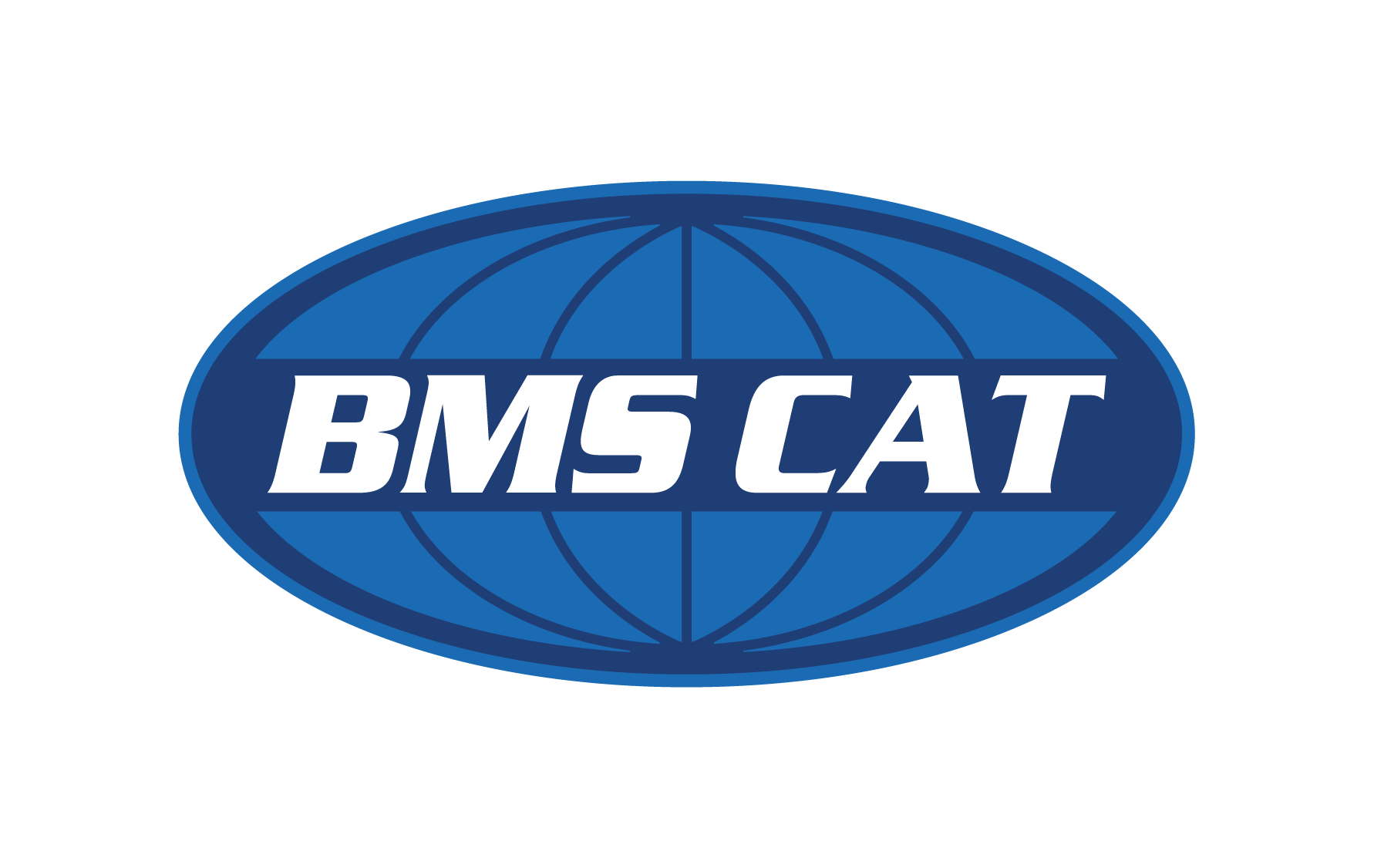 Controlling viruses and bacteria in schools and universities has never been as crucial as it is now, thanks to the global COVID-19 pandemic.
Controlling viruses and bacteria in schools and universities has never been as crucial as it is now, thanks to the global COVID-19 pandemic.
It has undoubtedly put cleaning protocols very high on everyone’s priority list, especially when it comes to indoor air quality in schools and universities.
The U.S. Environmental Protection Agency Indoor Environments Division has stressed how important proper ventilation and HVAC maintenance is in keeping clean, healthy indoor air quality. HVAC systems help maintain good indoor air quality through adequate ventilation with filtration.
So let’s take a look at the best practices for air quality in schools and universities, and the HVAC cleaning and ventilation protocols that can help minimize the spread of Coronavirus.
Indoor Ventilation Recommendations During COVID-19
Ventilation is an essential factor in preventing the virus that causes COVID-19 from spreading indoors. Here are some key recommendations for keeping schools and universities ventilated:
- Supply clean air to those indoors through your ventilation systems
- Contain contaminated air or ensure your system is pumping it outdoors
- Ensure your HVAC system is sending clean and filtered outdoor air into designated indoor areas
- Make sure your filtration systems are operating in order for it to clean the indoor air
Best HVAC Ventilation Protocols During COVID-19
- Outdoor Air
Apparently, no filter has proven to remove COVID-19 from the air, so best practice here would be to dilute the indoor air with outdoor air. HVAC systems can control the amount of outdoor airflow as an energy-saving measure.During the pandemic, an HVAC technician should disable energy-saving or demand-control modes and rather increase the percentage of outside airflow to maximize the amount of clean air you can get into the building. - Ultraviolet Light
HVAC systems with ultraviolet germicidal irradiation cleaners can destroy pollutants like viruses and bacteria. If your HVAC system doesn’t have these lamps, perhaps it’s time for an upgrade to your system. If your HVAC system does, make sure they are on and operational. - Maintenance
It can’t hurt to install new filters. Although we mentioned that filters can’t remove the COVID-19 virus, dirty or ineffective filters can exacerbate other respiratory issues and perhaps make students more vulnerable to COVID-19.Make sure you are also using the highest rating filters, as the higher the rating, the more airborne particles they are able to collect. - Filtration
Increase the air filtration to as high as possible without significantly diminishing design airflow. Some systems allow for filter bypass, ensure you minimize this function if possible. And, keep your filter house and racks maintained. - Reshuffle
Since you need to increase total airflow supply to all occupied areas, this may mean you will have to re-evaluate the positioning of supply and exhaust air diffusers.You want to generate clean-to-less-clean air movements, by adjusting zone supply and exhaust flow rates. Have the students work in ‘clean’ ventilation zones.So take your advice from the WHO and the US Environmental Protection Agency Indoor Environments Division: An increased ventilation rate through natural or mechanical means, preferably without recirculation of air, is vital in order to increase the air quality and hygiene for schools and universities during the pandemic.
How We Can Help
The Blackmon Mooring & BMS CAT teams are on standby to provide Coronavirus cleaning protocol and decontamination services to businesses – including schools.
With high-quality cleaning supplies and state-of-the-art equipment, including electrostatic fogging, we can disinfect premises, surfaces and objects.
If you are ready to open and welcome staff and students back, or if you have already opened and request a thorough clean and disinfection of the property, contact the experts.
Call us at 877-899-0676 for more information.
